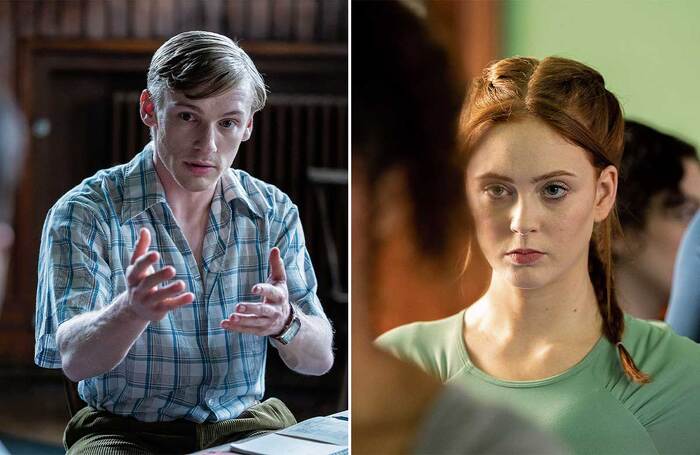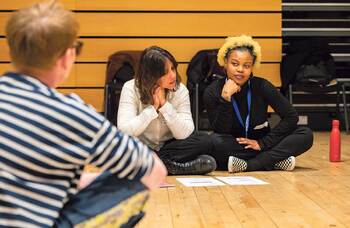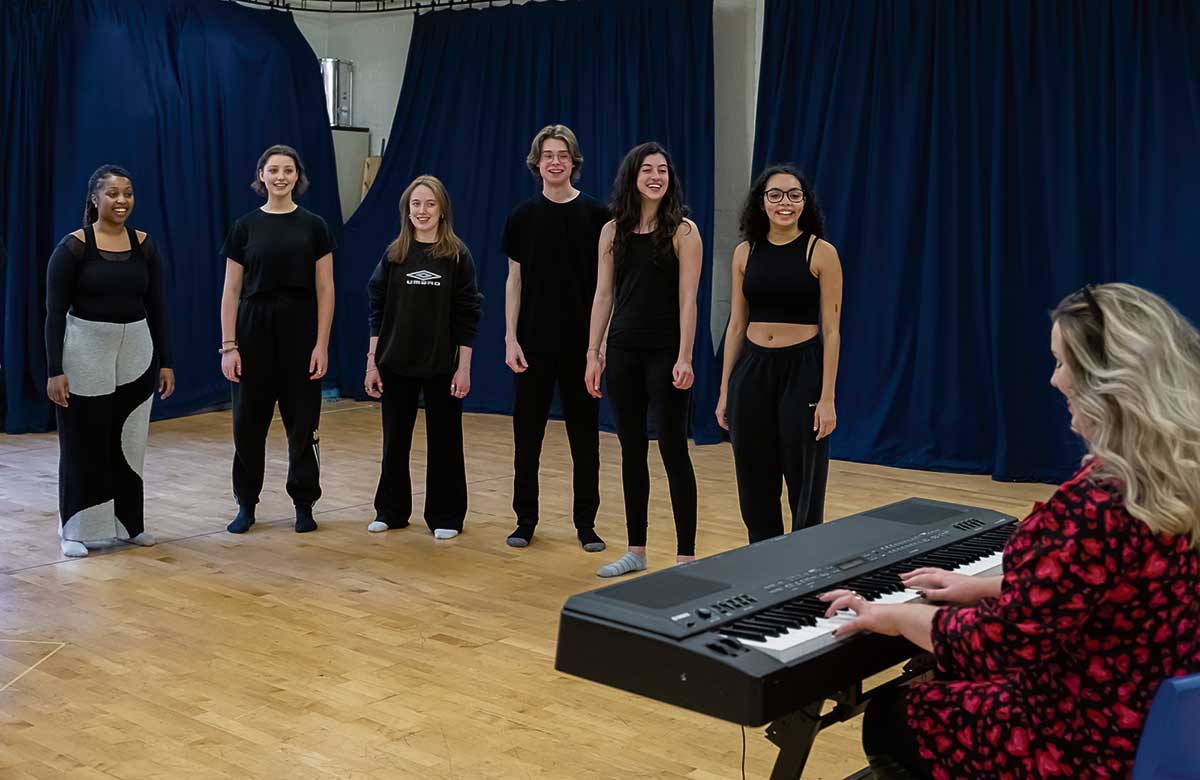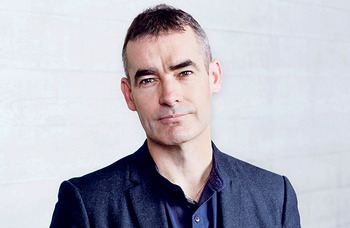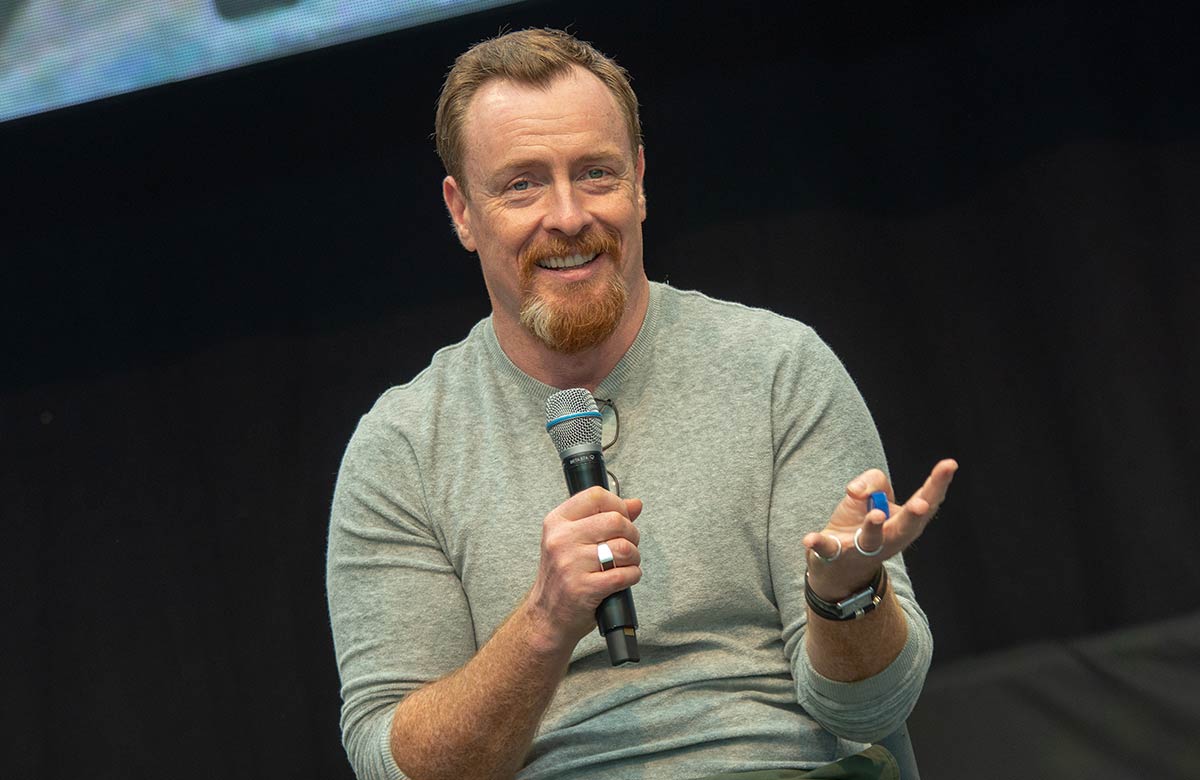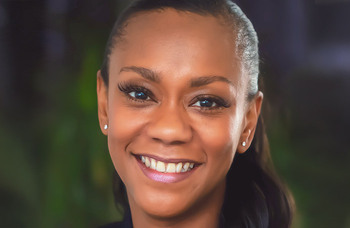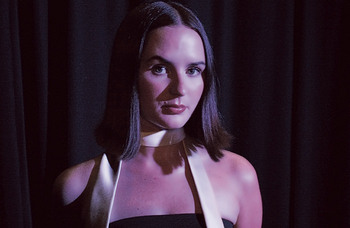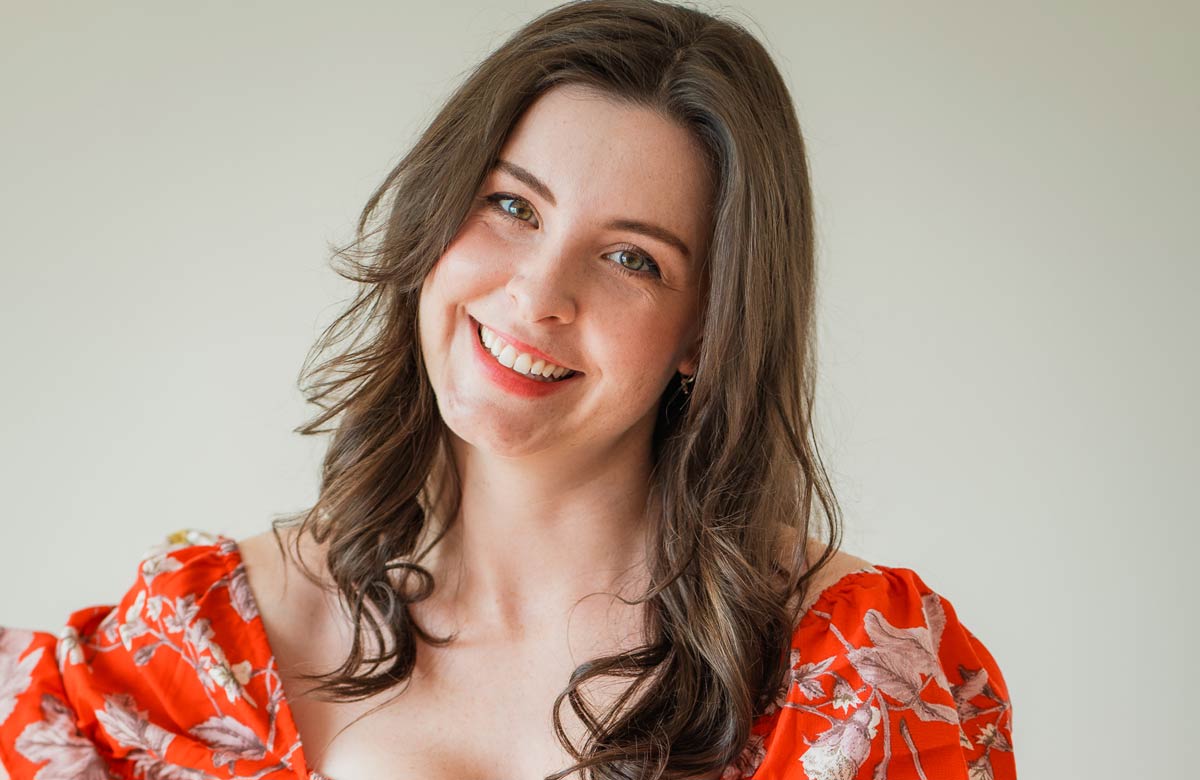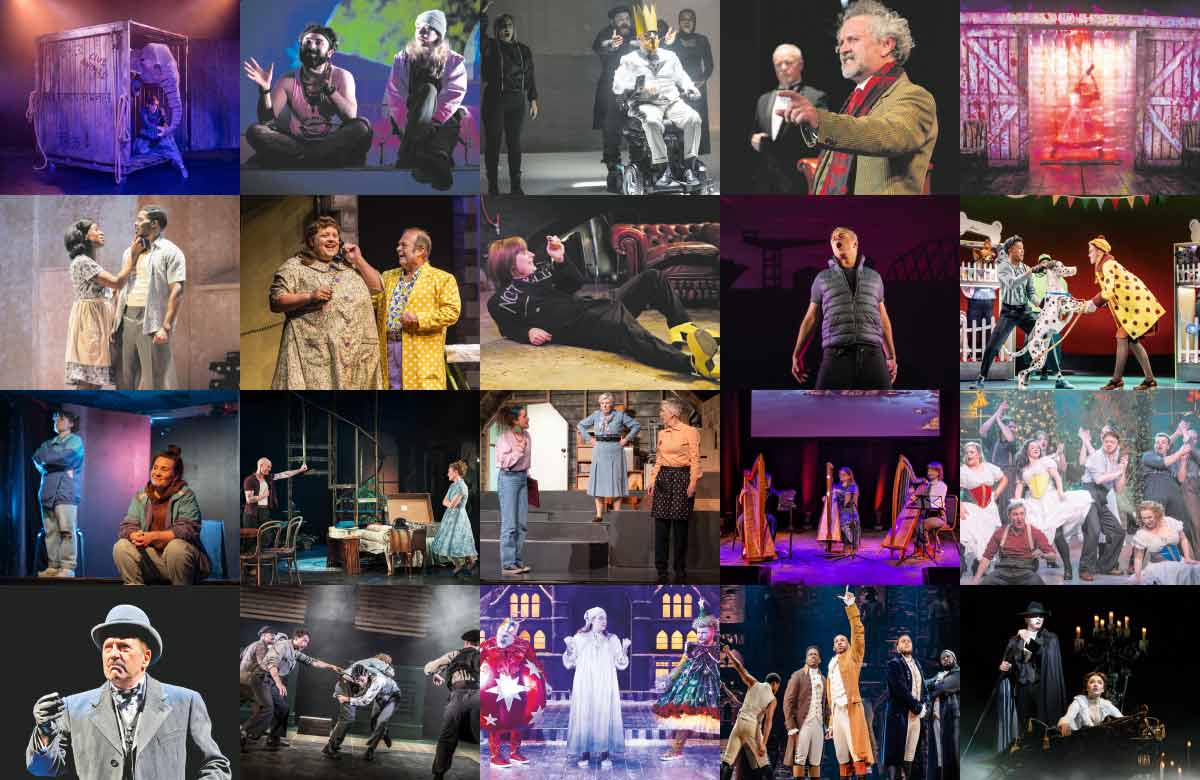Eight tips for getting into drama school
With many drama schools soon to start their audition processes, Sam Marsden asks a range of experts for their best advice on how to impress the audition panel, what to do to prepare and why being yourself is so important
Getting into drama school is no easy feat: it takes hard work, passion and the courage to be vulnerable. Here are eight tips from some of the UK’s leading drama schools and graduates on how to get in.
1. They want to see you
You might be tempted to try to give the panel someone you think they’re looking for, but they’re looking for you. Graham Lappin, head of musical theatre at the Arden School of Theatre in Manchester, says: “We want to meet you, so please be individual and be yourself. Don’t worry about being right; worry about being authentic. You are the vital ingredient in the performer you’ll become.”
2. Don’t be afraid to share your point of view and unique perspective
Stuart Crowther, course leader of the BA (hons) in acting at Liverpool Institute for Performing Arts, says: “I’m looking for a point of view – a way of looking at, and engaging with, society, culture and the wider world. A sign that the applicant approaches the work with curiosity, empathy and drive. “We are excited to work with actors who are also makers and shapers, who will go on to make artistic contributions to the future of our industry. My biggest tip? Don’t try to second guess what an audition panel is looking for, and remember: we want you to blow our socks off. We’re rooting for you.”
3. Be open and collaborative
Drama schools are looking for someone they can work with. Listen, take direction well and let down your defences. They are also looking for someone who works well with other students. Scott Bellamy, deputy director of engagement and enterprise at the Royal Central School of Speech and Drama says: “Be open and collaborative with other auditionees at in-person auditions, as this is a key characteristic that is valued by institutions when looking to select students for a future cohort.”
4. Choose material you resonate with
When choosing your material, the most important thing is that it sparks something in you. Find a piece you emotionally connect with and have a take on. Your interpretation of the piece will be more interesting to the panel than its content.
Dan Fulham, vice principal at Italia Conti, says: “I am always asked at outreach events: ‘Are there songs that I shouldn’t sing?’ While there are lots of popular choices, over the past few years, they have moved on from On My Own [Les Mis] and Waving Through a Window [Dear Evan Hansen]. In fact, I didn’t have a single On My Own last year, and it’s an excellent audition song. Sing the material that works well for you, that you connect to and can deliver confidently. Don’t worry if it is the same as the person before you.”
5. Don’t be afraid to get it wrong
Mistakes are okay. What will be interesting to the panel is how you respond to it. If you’re too afraid to make a mistake, you may not take the creative risks needed to make an impression. Rheanna Trueman, a recent graduate from East 15, says: “Choose monologues that you genuinely connect with and do the work. Then, go into the room ready to shake it up. Listen carefully to the redirection and don’t be afraid to get it wrong. Have fun and listen to your instincts. Remember, you’re seeing if you could be there for three years, too.”
6. Be prepared
Dan Fulham says: “There is nothing worse than arriving at the audition room and feeling overwhelmed by simply remembering the lyrics to your song. Give yourself the best chance to succeed by knowing your material inside out.”
7. You’re auditioning the drama school, too
The drama school audition is a two-way process. Remember you are the one paying the tuition fees and you might have multiple offers, so you are getting to know them as well. You might find one person on the panel brings out the best in you, which is a good sign this is the drama school for you.
Marc Silberschatz, interim director of drama, dance, production and film at the Royal Conservatoire of Scotland, says: “What’s important isn’t getting into drama school, it’s getting into the right drama school for you. Work hard and prepare for your audition, but don’t make your goal to please the panel. Instead, approach things with confidence: do something you feel represents you well – your values, skills and aspirations. After all, drama school is a shared endeavour. You and the people training you all want the same thing, which is for you to graduate ready to enter the industry as an empowered artist. So, start that process with your first audition.”
8. They want potential, not perfection
You are auditioning for training, not for a role. So be sure to show that you are ready, flexible and hungry for knowledge.
Will Hammond, director of school of performance at LIPA, says: “If you’re auditioning for acting (musical theatre) or acting (musicianship), don’t worry if one of your skill sets is at a lower level than the others. I know, for example, that a lot of auditionees worry about their abilities as a dancer. Of course, we’re interested in vocal and physical proficiency, your singing, dancing and instrumentation skills, but what we’re looking for is potential. This is a training programme, and we’ll work with you to ensure that by the end of the course, you are at a professional level in all of the disciplines.”
Opinion
Recommended for you
Advice
Recommended for you
Most Read
Across The Stage this weekYour subscription helps ensure our journalism can continue
Invest in The Stage today with a subscription starting at just £5.99
 Samantha Marsden
Samantha Marsden